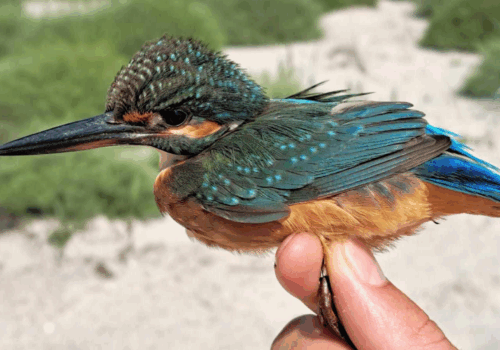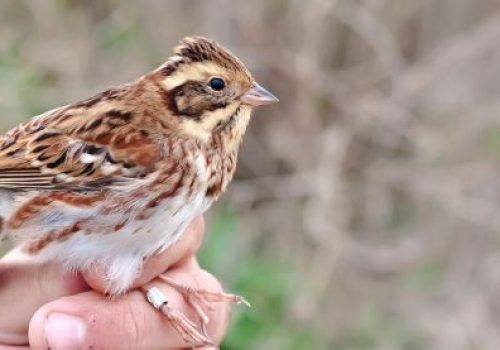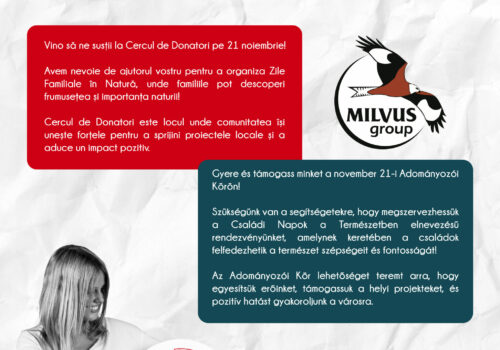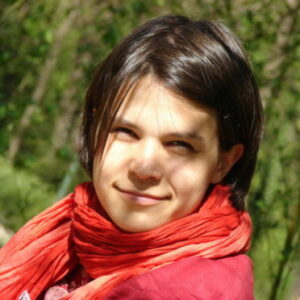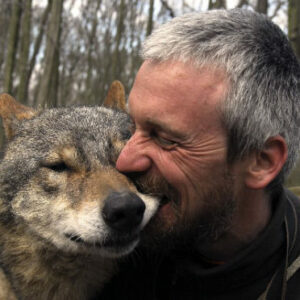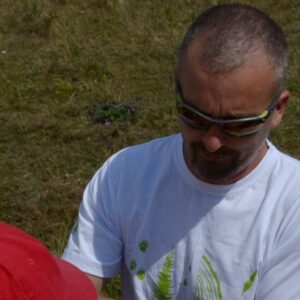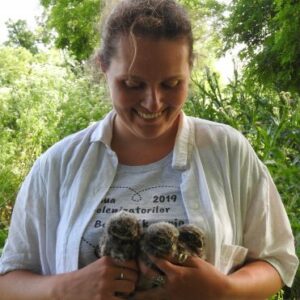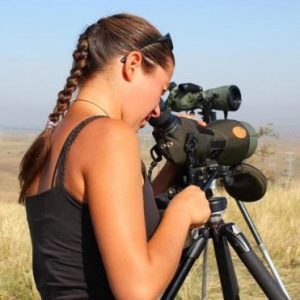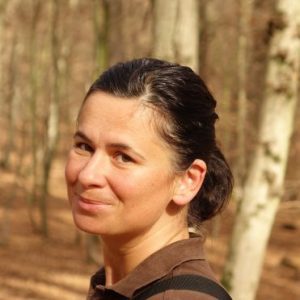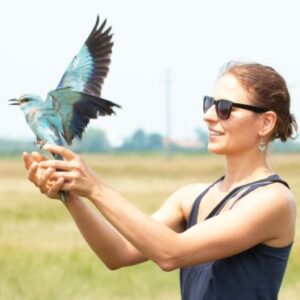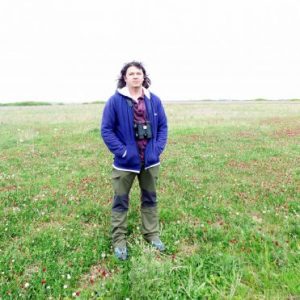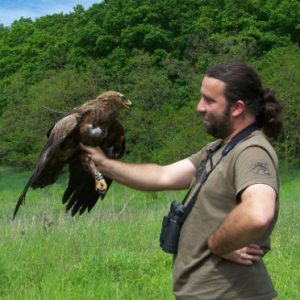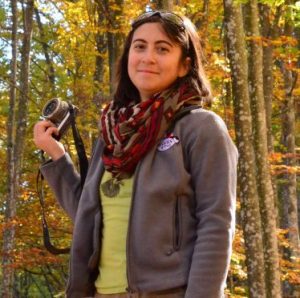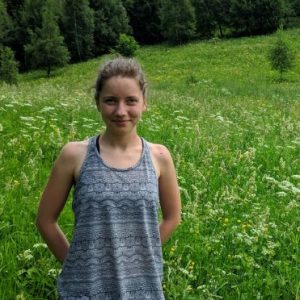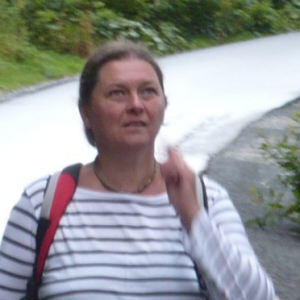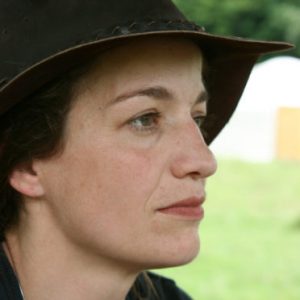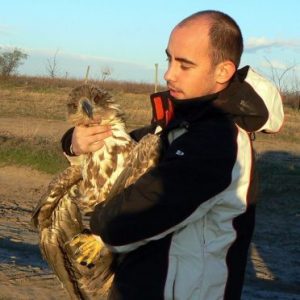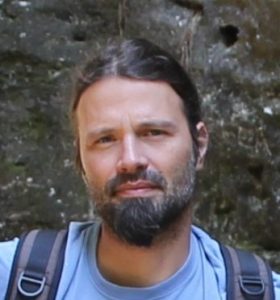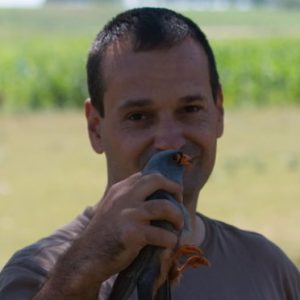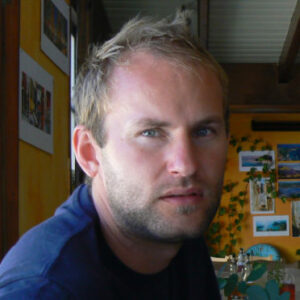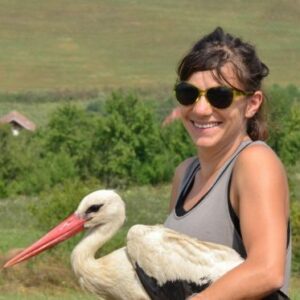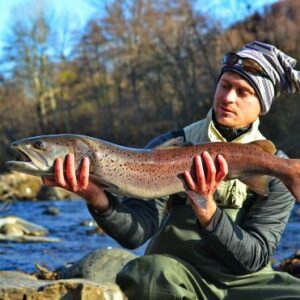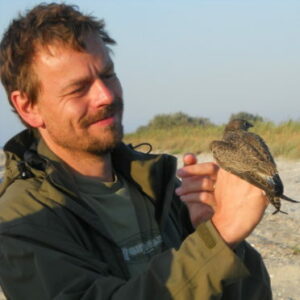We ended our ninth consecutive Autumn ringing with fewer birds than we expected, but we are very happy that the weather allowed us to stay on Chituc Spit until November 6. During the 103 days of ringing, we marked 114 migratory species and the total number of ringed birds amounted to 12429. Although we had an unusually good influx of Pallas’s leaf warblers (Phylloscopus proregulus) throughout Eastern Europe, catching 3 individuals and observing one more in the vicinity of camp, the catch of abundant species was lower than in previous years.
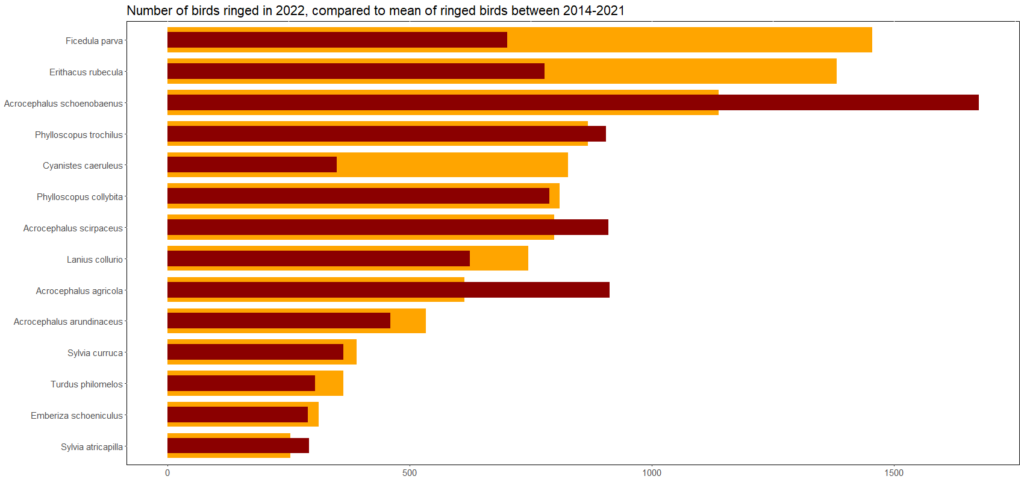
While between 2014 and 2021 we caught an average of 1456 red-breasted flycatchers (Ficedula parva), the most abundant species of the camp, this year we ringed only 701 individuals (-52%). The same is true for the robins (Erithacus rubecula), for which the multi-year average is 1382 individuals, and this year’s catch is 44% lower: 779 individuals. In contrast, we caught 47% more sedge warblers (Acrocephalus schoenobaenus) than the multiannual average of 1138 individuals, 49% more paddyfield warblers (Acrocephalus agricola) compared to the annual average of 613 individuals (Fig. 1). The 2022 migration dynamics of the most common species caught, compared to the mean and standard deviation of previous years, can be seen in Fig. 2.
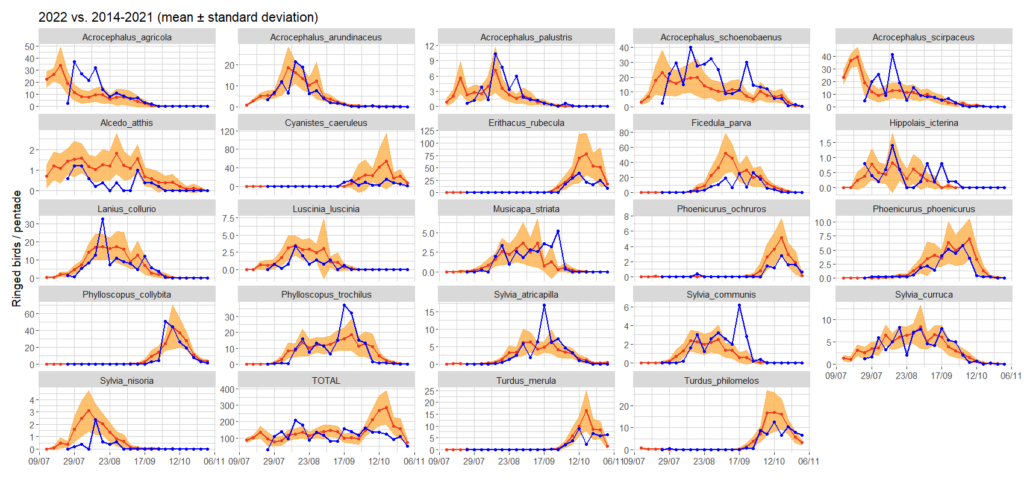
This year we received information on three individuals ringed by us and recaptured abroad: a brambling (Fringilla montifringilla) was photographed near Moscow in May, a great reed warbler (Acrocephalus arundinaceus) and a sedge warbler were recaptured in Israel. We recaptured at the camp a kingfisher (Alcedo atthis) and two blue tits (Cyanistes caeruleus) ringed in Bulgaria. In addition to the three ringed Pallas’s leaf warblers mentioned above, we mention as interesting birds a yellow wagtail (Motacilla flava) x citrine wagtail (Motacilla citreola) hybrid, pied flycatcher (Ficedula hypoleuca) x collared flycatcher (Ficedula albicollis) hybrid, and the Siberian subspecies of lesser whitethroat (Sylvia curruca blythi), a rare vagrant in Europe (Fig 3).
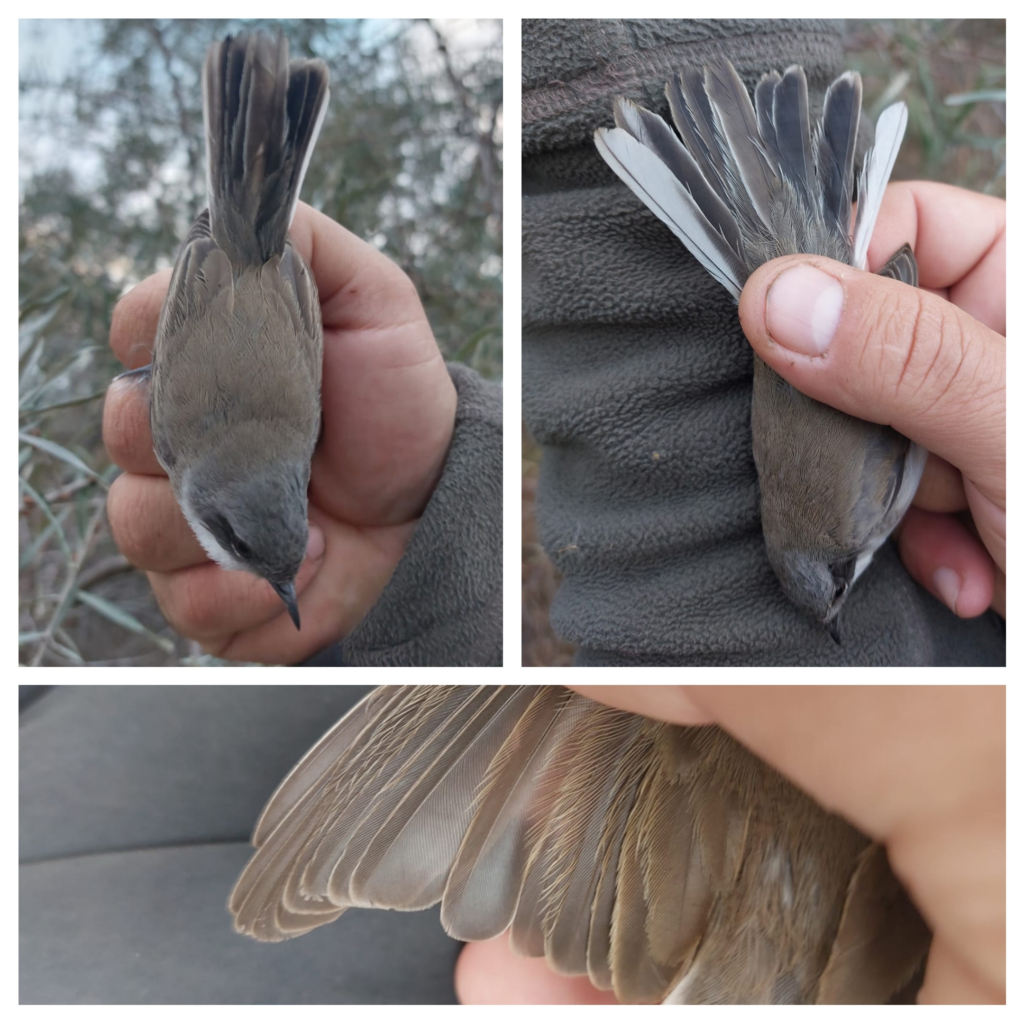
In August, the camp hosted eight students from Bulgaria, Hungary, Latvia, Lithuania, Slovakia and Romania, who joined the camp as ringers and volunteers in the Climate Game On project. The youth ambassadors shared their experiences regarding the effects of climate change on bird migration and discussed the challenges of the energy crisis with our guest Ana Otilia Nuțu, from Expert Forum. Afterwards, the students visited the Danube Delta Biosphere Reserve for a three-day stay (Fig 4).
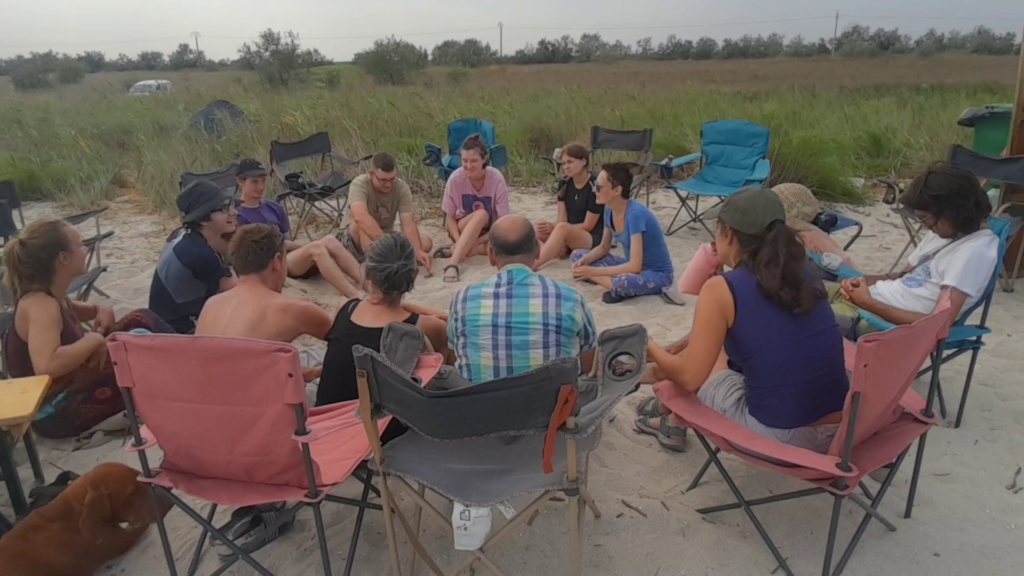
The work in the ringing camp in 2022 was provided by 170 volunteers. The camp was financially and logistically supported by Jenica and Cornel Cotorogea, Lajos Pál, Cătălin Șuba, Denis Stamatescu, Erzsébet and László Böndi, Valentina and Mihai Baciu, and S.C. Softech S.R.L, to whom we are deeply grateful. We thank the Danube Delta Biosphere Reserve Administration for the excellent collaboration. We are glad that they have been with us in previous years, and we hope they will be our partners in the future.

